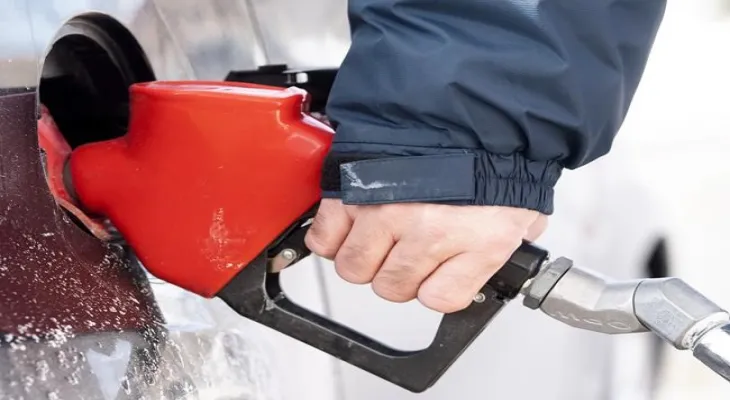Search here
Newspaper
Search here

Arab Canada News
News

Published: August 9, 2023
After the second carbon tax was imposed on July 1, the Canadian Taxpayers Federation said this is not the right time to increase carbon taxes on taxpayers across the country.
Franco Terrazano, the federal director of the Canadian Taxpayers Federation, stated in a television program that the federal government has added a carbon tax of 14 cents per liter of gas for provinces and territories, but he noted that Quebec received a special deal on taxes of 10 cents per liter.
Terrazano called on Trudeau’s government to make life affordable for Canadians, at a time when the costs of necessities like groceries and gas are rising.
Terrazano said, "Atlantic Canada will face severe hits this winter as the carbon tax on home heating oil is applied at a rate of 17 cents per liter."
He added that while Canada’s climate change plan aims to reduce greenhouse gas emissions in Canada, increasing carbon taxes raises the cost of food for all Canadians, and as fuel costs rise, transportation costs also increase, meaning that delivering food to grocery stores will be more expensive.
Terrazano explained, "When the cost of drying grains with natural gas or propane increases for farmers in Alberta, Saskatchewan, and Ontario, you also make the food delivered to the store more expensive."
According to the Canadian Taxpayers Federation, the Canadian Parliamentary Budget Officer indicated that average families in Ontario are estimated to pay about $470 this year in carbon taxes, taking rebates into account.
On July 1, Nova Scotia experienced the largest increase in carbon tax in Canadian history, rising from about 2 cents per liter as a tax to an estimated 14 cents per liter, with the federal carbon tax adding 12 cents per liter of fuel.
Terrazano said, "A family fueling a Dodge Caravan saw the cost of the carbon tax alone rise by about ten dollars in a single day, and what’s frustrating is that Nova Scotia was actually leading the way when it came to reducing emissions. They have reduced emissions from 2005 levels by about 36 percent without the huge increase in the carbon tax imposed by the Trudeau government."
He pointed out that while an estimated 75 percent of countries do not require their citizens to pay a national carbon tax, Canadians are faced with two carbon taxes at a time when the cost of living is rising.
In contrast, many countries are cutting gas taxes, including Australia, New Zealand, the Netherlands, and Germany, Terrazano explained. South Korea also reduced gas taxes by 30 percent, and the UK provided tax breaks on gas worth millions of dollars to its citizens.
He stated, "While we pay two, many other countries don’t even pay one." "We all want to help the environment, but with carbon taxes making it more expensive to fuel a small car or fill a grocery cart, this does nothing to reduce emissions in places like China, India, Russia, or the United States, where emissions are really a problem."
Comments